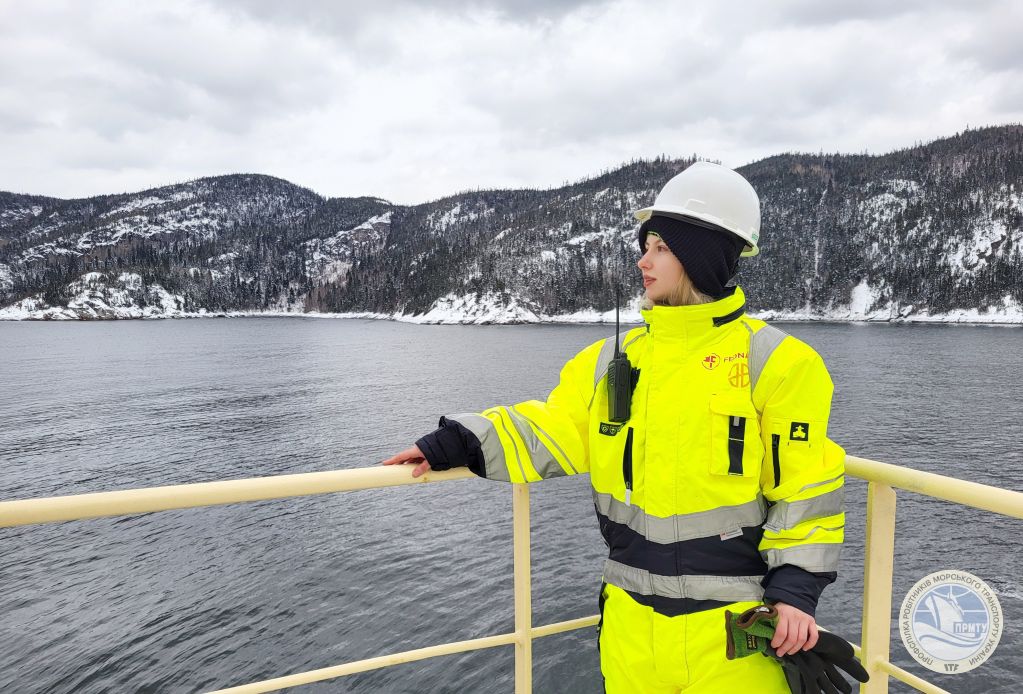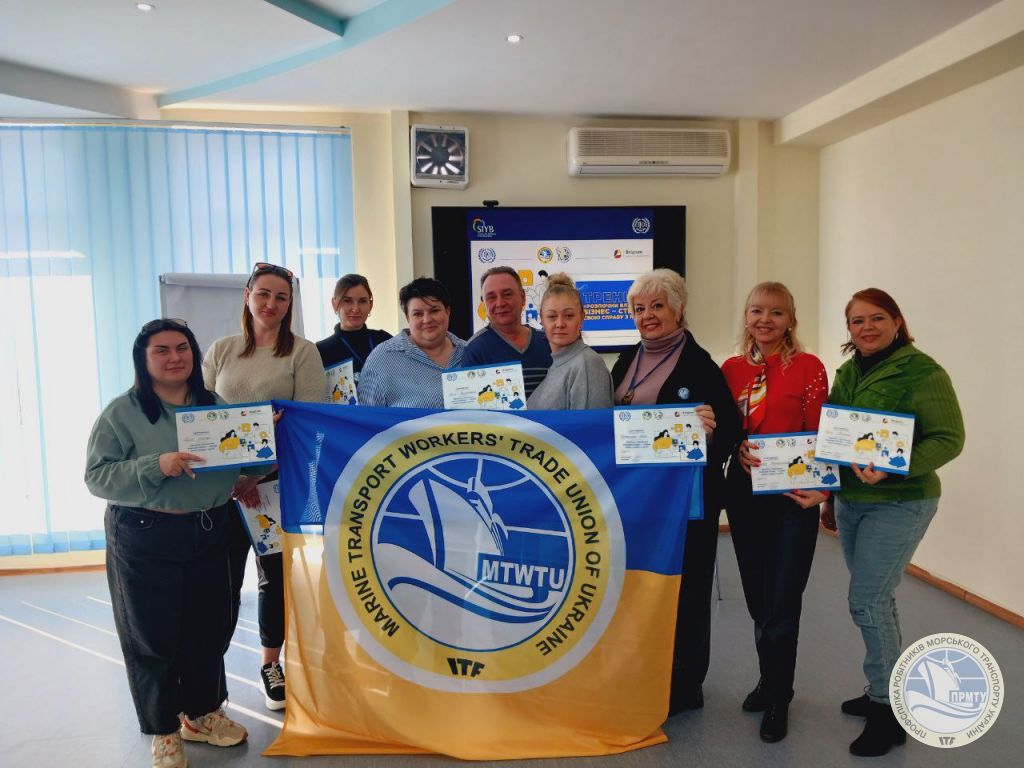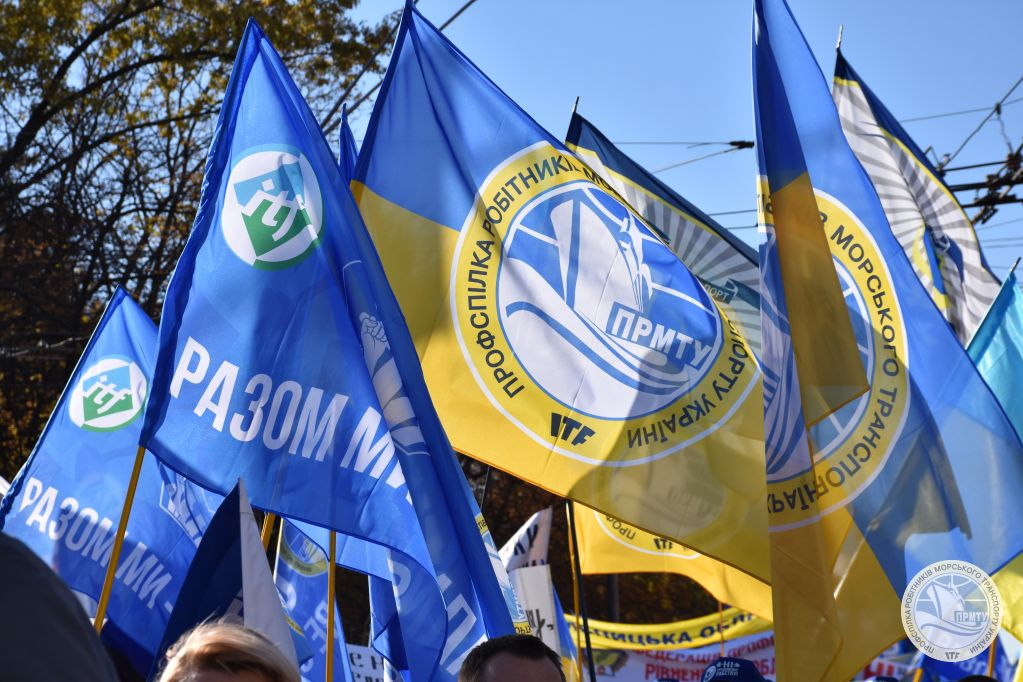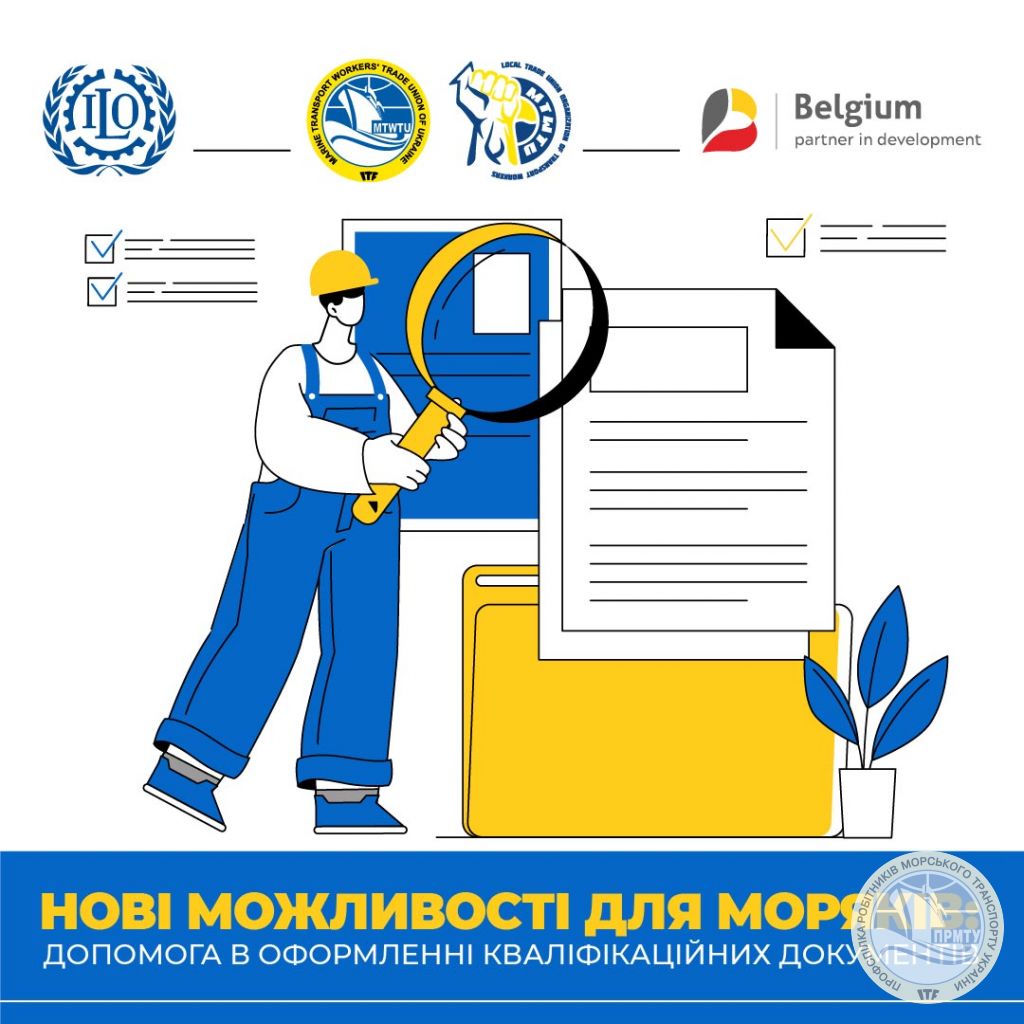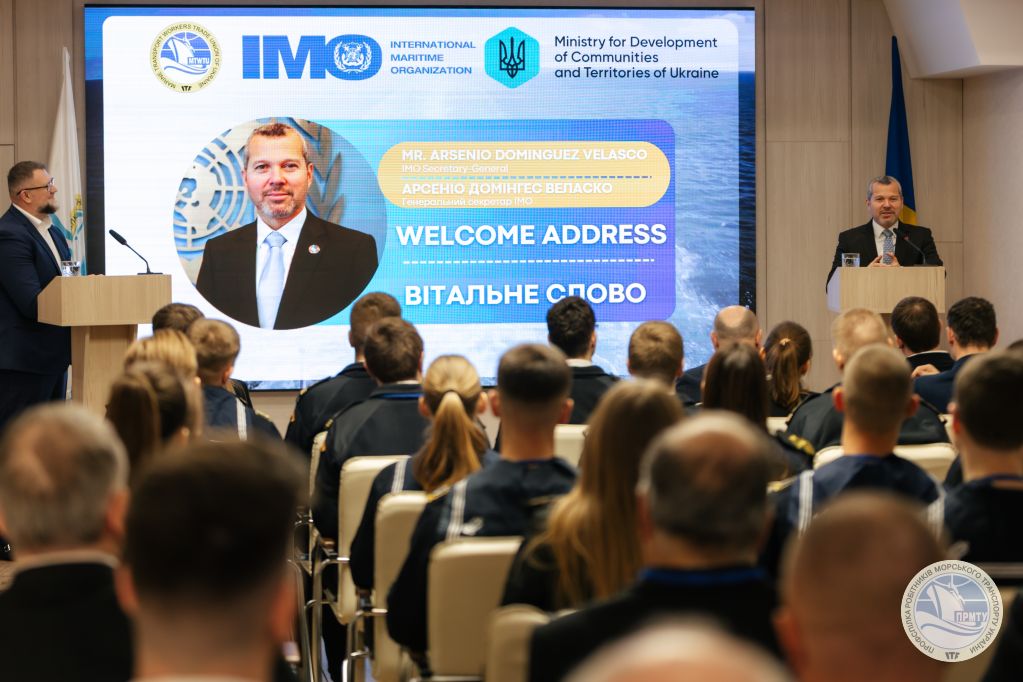Since childhood, Kateryna Hoyman has dreamed of sea adventures. She spent every spare minute near the Black Sea, looking at the ships. This way, she felt like a part of this big world where every day brings new impressions and challenges. Thus, she decided that her future was connected with the sea.
Kateryna entered Kherson State Maritime Academy to get an education and realize her dream. She plunged into her studies with great passion, gathering knowledge about navigation and safety at sea. Each step brought her closer to her goal, and she never lost faith in her abilities.
However, the war interrupted the peaceful studies. The enemy broke the usual order of things, forcing people to reconsider their lives. At the beginning of the war, Kateryna was on a voyage, and since then, she has not returned to her homeland of Ukraine.
Despite everything, Kateryna was not about to give up. She knew that her dream was alive, and she had to find a way to implement it. She was lucky enough to successfully pass all the selection stages and become a participant in the project, which, thanks to the MTWTU and with the support of the ITF Seafarers' Trust, enabled Kateryna to complete her studies abroad and receive two diplomas - of Kherson State Maritime Academy and Lithuanian Maritime Academy.
Today, she is on the deck of the vessel that earlier she could only dream of being on. Kateryna realized that even in times of war, and when it seems like all paths are obstructed, dreams can come true if you have people who believe in you and who will come to help and give you a chance to pursue your goals.
Read about Kateryna's first experience and impressions of working at sea in an exclusive interview with the "Maritime" Magazine.
- Kateryna, how long have you been working in the maritime industry, and what attracted you to this profession?
- I was looking for a company for a long time; I received many rejections because I am a woman, but I did not give up. After a long search, I finally got on my first long-awaited voyage. Now I'm on my third voyage as a Deck Cadet - this is my last contract in this position, and on the next one, I will be Third Officer.
Very often, people ask me why I chose this profession. But to be honest, I don't have an answer; it was just a case of hitting the target. Usually, when I get this question, people expect me to say that my father is a seafarer or that I have other family members in the maritime industry. But it's not true - I don't have any seafarers in my family. I'm the first one, so I impressed my whole family with my decision. And I am very grateful to my parents for supporting my choice despite everything - from the very beginning until now. But despite all the difficulties, I now clearly understand that I am in the right place, and I don't see myself in any other job than this one.
- What were your first impressions of life on the ship?
- At first, I was scared of everything. It all seemed so big, although now I realize that my first ship was quite small. All the navigational instruments seemed so complicated and completely different from the simulators I used to work on during my studies. I was the only woman among the crew consisting of men, so it was very challenging at first, and I even avoided them. The first two months were the most difficult. I was building relationships and gaining insights into the working process, understanding how everything is structured, and grasping the vital role of each crew member in the mechanism.
- Which aspects of your job do you enjoy the most, and which are the most challenging?
- One of my favourite aspects is the opportunity for development. I mean both personal and professional growth. The opportunity to see various cultures and to communicate with people from different countries broadens your horizons.
I can't say that any aspects of my work cause me difficulties now. Perhaps the only disadvantage is that you can't see your family for a long time. But now almost all the vessels have the Internet, so it slightly compensates for this issue.
- Can you share any special, memorable moments from your experience at sea?
- This was a recent moment - after my hard work and studies, I finally got promoted, and the Captain said he was waiting for me to return as his Third Officer.
- How do you deal with difficulties or stress that may arise during a voyage?
- In general, I try not to worry. But in any case, sport is the first and very good way to fight stress. The second way is to get a good night's sleep. However, with the work schedule on the ship, it is sometimes impossible, so when you have the opportunity to sleep, you have to take it.
- What advice would you give to other women who are considering starting a career in the maritime industry?
- When someone or something tries to stop you on your way to your goal, don't let them do it. Remind yourself that you can achieve any goal you want: women can do everything.
- What are your views on gender equality in the maritime industry, and what challenges have you faced in this aspect of your career?
- Nowadays, more and more women are joining the industry every year. I am happy to note an increasing number of global companies hiring women. When I started looking for my practice voyage after my second year of study, all I heard was: "We don't employ women". But I still checked vacancies every day and called crewing companies.
I still encounter people who believe that seafaring is a purely male profession and that women have no place at sea. On my second voyage, I heard this from the entire crew. Almost every day, the Captain told me that I had no place on board their ship and should go home.
There is also a very big stereotype that a woman can work at sea only on cruise ships. I heard this opinion very often and have been told more than once that I should rather work on passenger ships.
And the last stereotype I encountered was the idea, that women choose this profession to find a husband.
I hope that soon, all these prejudices will become a thing of the past. And I am very happy to see that every year, many more women choose this profession.
- Seafarer and Trade Union - in your opinion, is it important for Ukrainian seafarers to be members of the Marine Transport Workers' Trade Union of Ukraine?
- Definitely, yes! The main goal of our Trade Union is to protect the rights of seafarers, which, unfortunately, are still being violated by shipowners or crewing companies. The Union aims to ensure decent employment conditions and protects seafarers in cases of violation of their rights.
As a member of the Union, I feel the power behind me and know for sure that no one else will be able to violate my labour rights. I express my deep gratitude to the entire MTWTU and personally to its Chairman, Oleg Grygoriuk, for the chance you gave me and dozens of other cadets to graduate, get a decent education, support us at all stages of training and now work. I am proud to be part of our huge Trade Union family!


